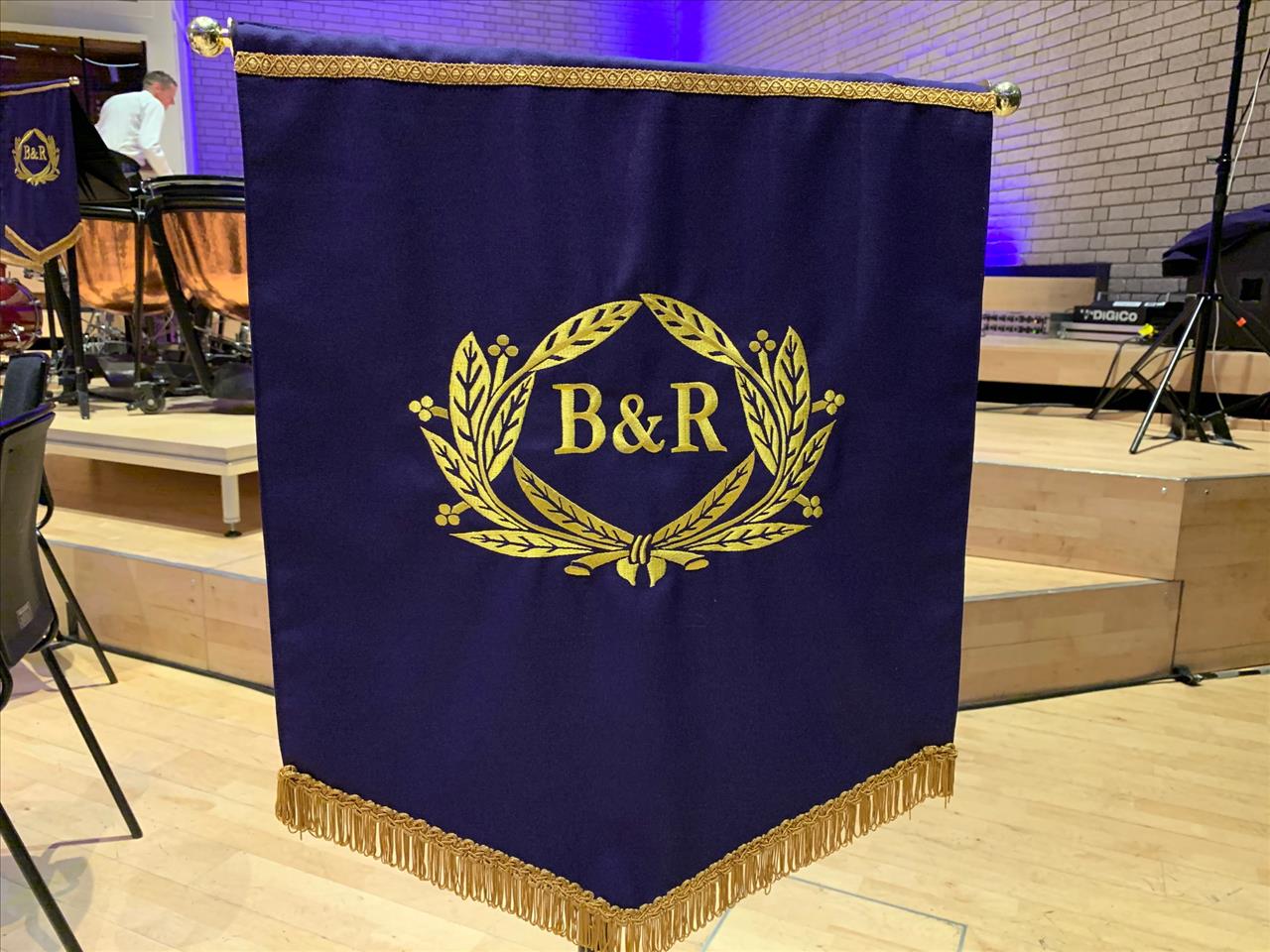

Mid Wales may not be a ‘traditional’ heartland of the banding movement, but the geographic area around Newtown in Powys has a history to be proud of.
Over 100 years ago the small town of Knighton hosted contests that attracted the likes of Black Dyke and Foden’s, as well as popular concerts up until the early part of this century. The local Newtown Band is a regular contender at Welsh League and Area competitions and hosts a popular open air march and hymn tune event.
Welcome return
Brighouse & Rastrick has also been an occasional visitor over the years, so this welcome return was much anticipated even though the well publicised worries over the Coronavirus pandemic meant a much smaller than usual audience.
The friendly authority of conductor Gareth Brindle ensured that West Riding band performed with a classy sheen of quality throughout; the opening bars of William Rimmer’s march ‘The Australasian’ a neat link to that historic past (he conducted Wingates to victory at the 1906 Newtown contest).
The repertoire on offer was familiar fayre; a sprightly ‘Light Cavalry’ overture balanced by the tonal warmth of ‘I Know Thou Art Mine’. The pompous heft of ‘The Little Russian’ closed a first half that also featured soloists Andy Moore deftly negotiating the famous Strauss ‘Horn Concerto’ finale and the slick trombone skills of Ellena Newton displayed on ‘Dance Sequence’ and with her colleagues on ‘Trombola’.
The friendly authority of conductor Gareth Brindle ensured that West Riding band performed with a classy sheen of quality throughout; the opening bars of William Rimmer’s march ‘The Australasian’ a neat link to that historic past (he conducted Wingates to victory at the 1906 Newtown contest).
Populist themes
The second half carried on the populist themes - ‘Men of Harlech’ (it was just close enough to St David’s Day), offset by the warmth of Eric Whitacre’s ‘Glow’ and Duke Ellington exotic ‘Caravan’. The humour of David Hebb on ‘Bare Necessities’ was well aimed and well played.
Kenneth Downie’s intriguingly structured take on the lachrymose ‘Myfanwy’, the bravura playing of Milhaud’s ‘Scaramouche’ and Shostakovich’s fleet-footed ‘Festive Overture’ built up to the bubbling old pot-boiler of ‘Pines of Rome’ to close and the obligatory ‘Floral Dance’ encore.
It all made for a timely temporary preventative musical antidote to the growing concerns of an audience that has been well served by Theatre Hafren’s commitment to brass bands over the years.
Let’s hope it continues to give them a shot in the arm in the future.
Megan Hopkins









